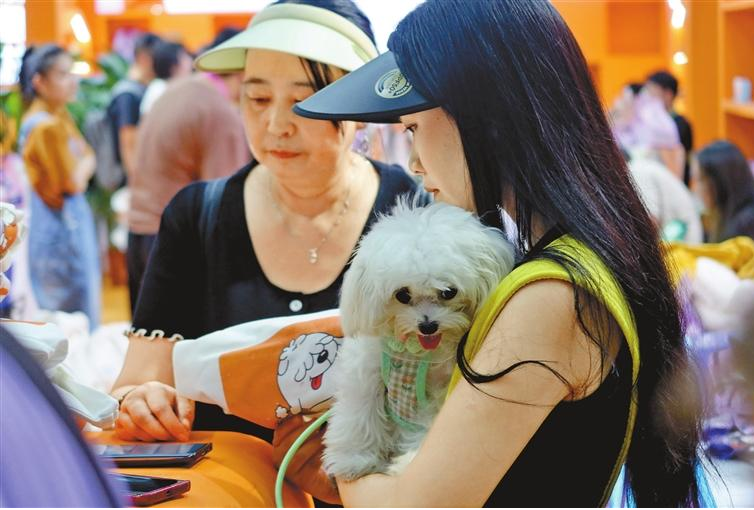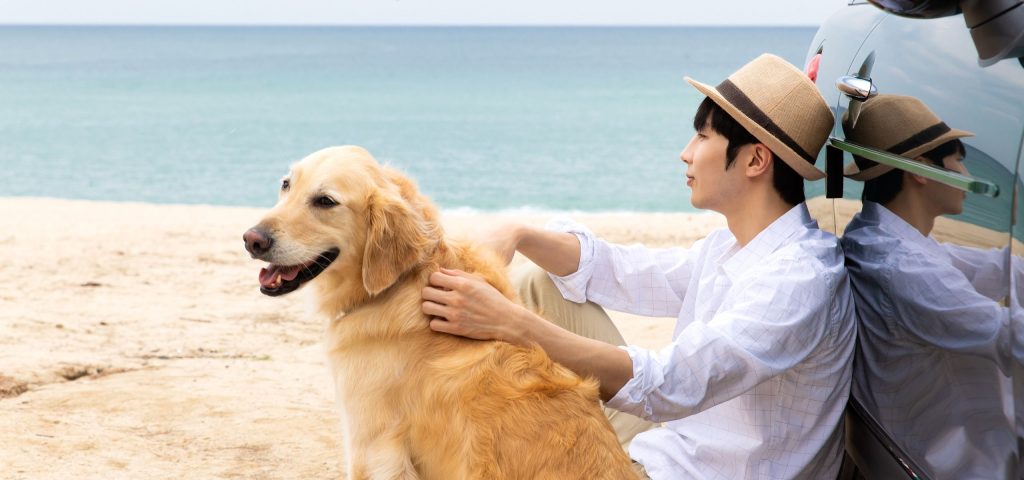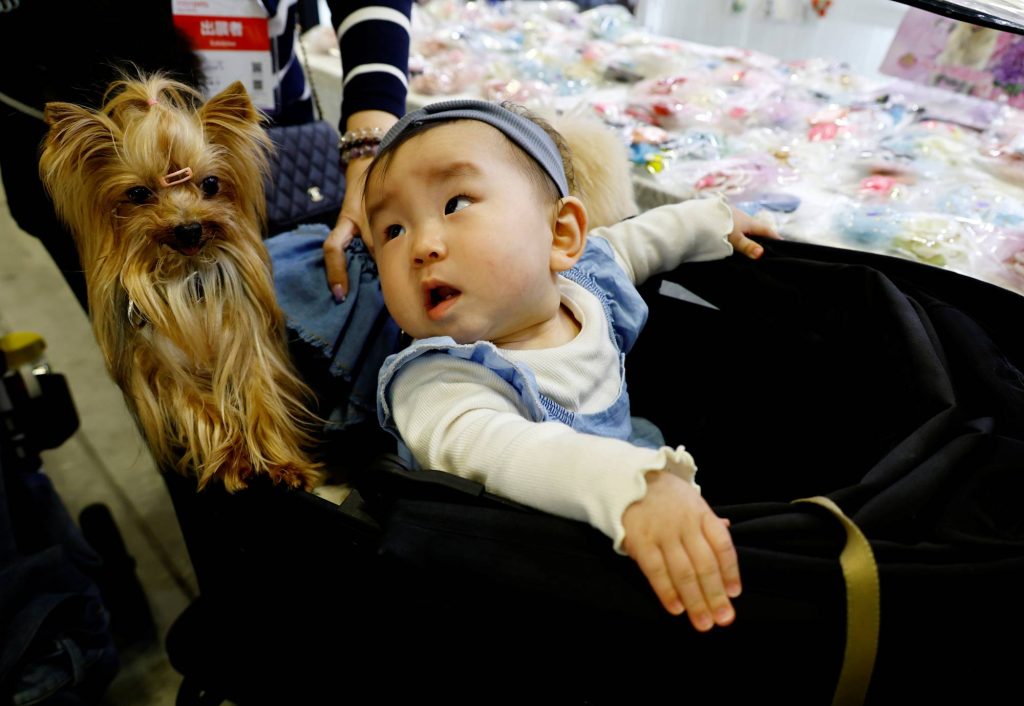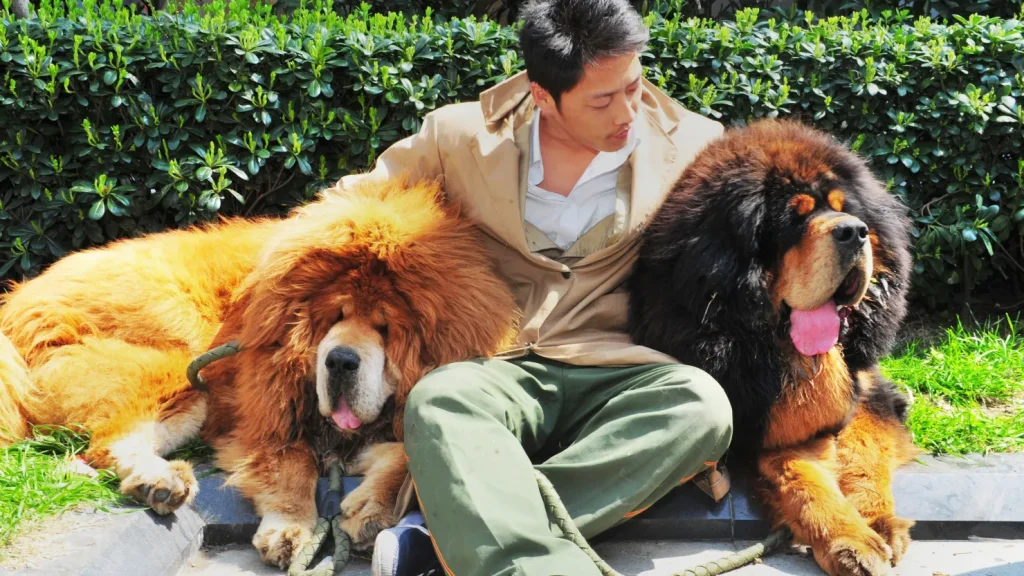Why are the Chinese obsessed about their pets?

The pet craze in China has really taken off in recent years, and it’s not just a passing trend—it’s become a huge part of life for a lot of people. Pet ownership, especially of dogs and cats, is booming in cities, with pets being treated more like family members than ever before. Here’s a look at why everyone seems to be so obsessed with their furry friends:

With China’s birth rate dropping and families getting smaller, pets have kind of become stand-ins for kids, especially for young couples and singles. The one-child policy from back in the day played a part in shaping this, too—people are used to smaller family units and now turn to pets for that extra bit of companionship. A lot of young professionals are putting off marriage and kids because they’re focused on their careers, or maybe the cost of housing is just too high. Having a pet gives them a sense of responsibility and company without the huge long-term commitment that comes with having kids. And it’s not just young people—the elderly, whose kids may have moved to big cities or even abroad, often adopt pets to keep them company and help fight off loneliness.

A 9-month-old baby girl and 11-year-old pet dog sit in a stroller while the baby’s mother visit Interpets, an international fair for pet-related products and services, in Tokyo, Japan, March 31, 2022. REUTERS/Kim Kyung-Hoon
City life in China can be super fast-paced and stressful, leaving many feeling a bit isolated. Pets, especially cats and dogs, have become a way to unwind and find comfort. They help relieve stress and boost mental well-being, offering companionship in busy, often lonely environments. Plus, much like in other countries, people here are treating their pets more like “fur babies”—showering them with affection, throwing birthday parties, and even dressing them up in little outfits. This whole “pet humanization” thing has made the bond between people and their pets even stronger.
As the middle class in China continues to grow, so does disposable income, meaning more people can afford to have pets and spoil them. Pet owners are splurging on everything from gourmet pet food and designer clothes to smart gadgets, grooming services, and vet care. For some, it’s even about showing off—pampered pets have become a bit of a status symbol among the wealthy, and the luxury pet industry is booming.
Social media has played a huge role in fueling this pet obsession. Platforms like Weibo, WeChat, Douyin (China’s TikTok), and Xiaohongshu (Little Red Book) are flooded with videos and photos of adorable pets, and many have become “petfluencers” with huge followings. Pet owners love sharing their pets’ lives online, and it’s turned into a whole culture of showing off cute moments, discussing products, and trading tips. These online communities make pet ownership feel like an even bigger deal, driving the obsession further.
In the past, owning a pet in China was tough, especially in big cities with strict rules and high costs. But over time, those restrictions have eased up, and it’s much easier for people to own pets now. There’s also been a rise in pet-friendly policies, like parks and better vet services, and a growing awareness of animal welfare. This has shifted attitudes—pets are now seen as part of the family, not just animals.
For China’s wealthiest, pets are more than just companions—they’re status symbols. Exotic breeds, luxury grooming, and fancy accessories are all ways to show off. Private pet care centers and high-end pet products are catering to this elite group who treat their pets like extensions of their own lifestyle.

In short, the pet obsession in China has been driven by changing social dynamics, economic growth, cultural shifts, and the rise of social media. Pets now play emotional, social, and even status-related roles, and the bond between people and their pets is stronger than ever. With more and more people spending big to make sure their pets live their best lives, it’s clear this trend isn’t going anywhere anytime soon.
 Oriens
Oriens